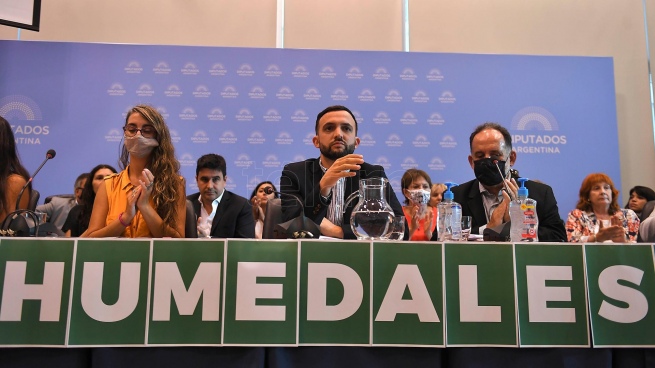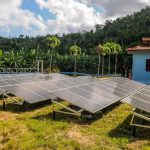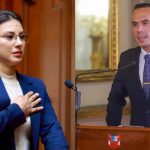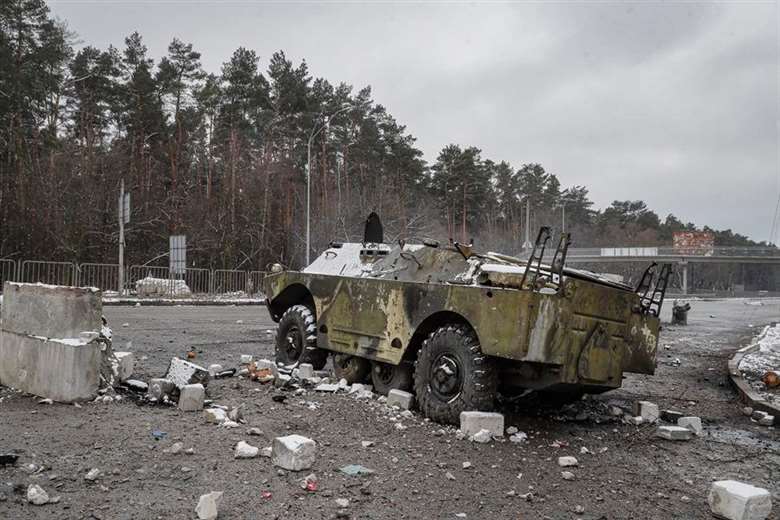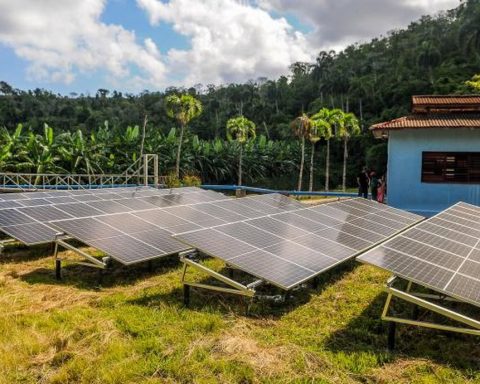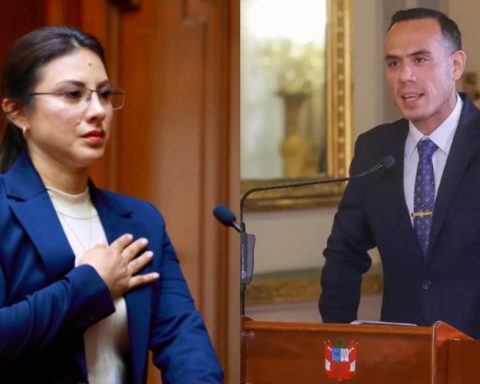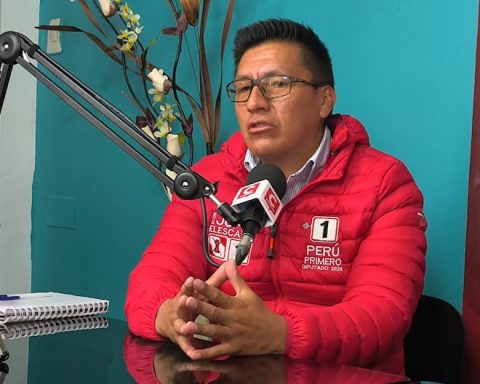A new draft of the Wetlands Law was presented this Wednesday in the Chamber of Deputies, with the proposal to adapt some practices of farmers, such as burning and harvesting, to “guidelines that are respectful of the ecosystem capacities” of those key sectors. for biodiversity and the environment.
The project of the deputy of the Evita Movement Leonardo Grosso, a member of the Frente de Todos, was presented this Wednesday in the Annex of the Chamber of Deputies, with the support of various organizations and other national legislators.
This is the fourth bill to be introduced. on the subject since 2011. The former had lost parliamentary status last December.
About the new project
FIt was prepared after the fires that affected some 900,000 hectares in the province of Corrientes and threatened the Esteros del Iberá, one of the most important wetland sites on the planet.
The project proposes, among other things, penalize intentional fires in these territories, and regulates the application of polluting substances, chemical products or residues of any origin, including fumigations.
The initiative also creates a National Inventory of Wetlands, which consists of a map that would show where the wetlands are in Argentina, what characteristics they have and what function they fulfill in each place.
“Wetlands are of central importance, they are allies in the fight against climate change,” said the legislator, stressing that it is a project “that has a great consensus because it was the product of much debate; hundreds of organizations, scientists and businessmen contributed their ideas to build the best wetland protection bill.

“We held four public hearings in which all the sectors involved spoke and, in addition, we formed different work groups between the different interested parties so that a uniform project is achieved,” the deputy recalled.
“This is the fourth time that the project has been presented and we hope it will be the charm in terms of the sanction, since even a half sanction that Senator Fernando ‘Pino’ Solanas had promoted failed,” said the deputy, who stated that ” It is an initiative that has been unsuccessfully debated in this Congress for a decade”
“Wetlands are of central importance, they are allies in the fight against climate change”leonardo grosso
Regarding the project, he specified: “With the law, we do not propose to prohibit all practices -such as burning, harvesting-, what we propose is to adapt these practices to guidelines that are respectful of the ecosystem capacities of these wetlands.”
After the presentation, the Deputy Minister of the Environment, Sergio Federeroisky, pointed out that “the initiative is necessary.”
“An additional tool is required to carry out a policy on wetlands. What we have been seeing is many times the subordination of the common good to private interests. The Wetlands Law has to be one more instrument of a public policy”, large.
Among the exhibitors, Rubén Quintana, director of the Environmental Research and Engineering Institute, said: “We need a Wetlands Law because the annual rate of their loss triples the annual rate of forest loss worldwide.”

For her part, Estefanía Villalba, from the Wetlands Multisector, said that “this new project is the result of discussions, it has generated a lot of consensus and we are going to continue supporting it. We know that strength is in the organization of the territories and from there we want to give it strength”.
“In 2020, we participated in hard work to unify this project. We managed to produce this text that has the support of 300 environmental organizations and local communities,” said Sofía Astelarra, a researcher at the Gino Germani Institute.
In her turn, Camila Herrero, from EcoHouse, remarked: “We don’t want to ban production in 20% of the country, as is often said. We want production to take into account the well-being of people. Because to deteriorate the environment is to deteriorate our quality of life”.
“Argentina cannot continue without having a national wetland protection policy. It is society as a whole that is aggrieved by the deterioration of our common goods,” said Emilio Spataro, of the National Wetlands Network.
For the Conicet, the researcher Maristella Svampa highlighted that “The Wetlands Law aims to regulate in the sense that it seeks to protect. It is a law that intends to protect wetlands, in pursuit of creating a new environmental institutionality that we so much need.”
Among the deputies present, the official Blanca Osuna said that “the proposal has a federal perspective on the reality of all the wetlands in the region and their rich biodiversity, which make up 21% of the national territory, with specific definitions and objectives in terms of its preservation and restoration, its rational and sustainable use, and the recognition of its identity and its value”.

For Mara Brawer, also from the FdT, “the project will achieve sanction from a transversal vote to all the blocks, although with greater resistance from those political spaces that represent the interests of the concentrated sectors of the economy”
“We need a Wetlands Law because the annual rate of their loss triples the annual rate of forest loss worldwide”Ruben Quintana
The sanction of a norm that protects and regulates the use of wetlands -which represent 21% of the national territory- is also demanded by different civil society organizations, including Greenpeace, Amnesty International, the Environment and Natural Resources Foundation (FARN ), Eco House, among others.
Meanwhile, more than 700,000 people added their signatures to a petition launched in the Change.org platform by a group of NGOs to demand from the National Congress the urgent approval of a norm:
